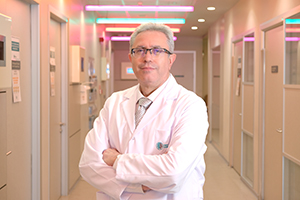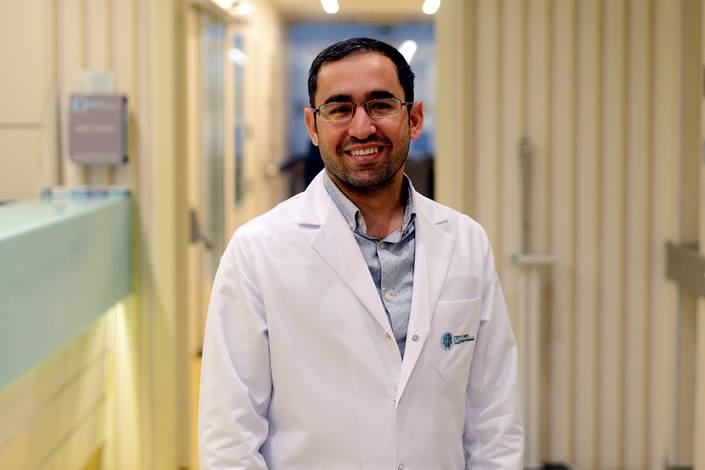What Is Pneumonia? Symptoms and treatment
What Is Pneumonia? Symptoms and treatment
What Is Pneumonia?
What is pneumonia is inflammation of the lungs, which we call pneumonia in medical terminology? It can occur due to microbes such as bacteria, viruses, etc.
Pneumonia (pneumonia) is among the most common diseases that cause a doctor to consult, leading to the most deaths. It is more common in children, older people over 65, those with a chronic disease (such as kidney, sugar, heart, or lung disease), those who smoke, those who have an illness that suppresses the immune system, or those who use drugs. Pneumonia, which develops in society, is responsible for a significant proportion of hospital admissions, treatment costs, work-school day losses, and deaths worldwide.
In some types of pneumonia (pneumonia), there is a risk of direct transmission from a sick person to an intact person. But pneumonia (pneumonia) mostly occurs when microbes found in the patient's mouth, throat, or digestive tract reach the lungs. These microbes, which do not cause disease in the Normal state, cause pneumonia (pneumonia) in people whose body defense is weakened. Vomiting, long-term surgeries, alcohol use, and flu outbreaks are among other factors that facilitate pneumonia development.
What Are The Symptoms Of Pneumonia?
Symptoms of pneumonia;
- Fire,
- Coughing,
- Sputum removal,
- Chest pain is the most common symptom.
- Shortness of breath,
- Loss of consciousness,
- Nausea-vomiting,
- Frequent breathing,
- Muscle-novelization pain,
- Symptoms such as weakness may also occur.
In a patient with severe pneumonia;
- Blue discoloration of the skin and mucous membrane,
- Severe shortness of breath,
- Low blood pressure
- There may be confusion.
What are the similar aspects of pneumonia to other diseases?
Pneumonia, heart failure-induced pulmonary edema, embolism, hemorrhage, bleeding we call the chemicals the devastation in the lungs, and drug reactions, systemic rheumatic diseases, lung-specific diseases such as sarcoidosis and hypersensitivity lung disease, acute exacerbation of COPD, asthma attacks, acute bronchitis, among the people known as TB, tuberculosis, and even lung cancer can be confused with. Besides, these diseases, which can be involved, can sometimes be accompanied by pneumonia (pneumonia).
How should pneumonia be treated?
Treatments such as antibiotics, large fluid intake, rest, painkillers, and fever reducers are often used. In patients who need to be hospitalized, different medicines may be required. In cases of very severe pneumonia, hospitalization in intensive care, respiratory support may be necessary.
After a full-fledged assessment of the patient's clinical condition, the necessary tests are requested, determining where they will be treated. Antibiotic treatments are started by taking into account Risk factors, microorganisms with a probability according to risk factors, and the severity of the disease. The duration and course of treatment are determined according to the results determined, the patient's response to the treatment.
The duration of treatment may vary depending on the initial severity of the disease, the responsible microbe, whether there is a concomitant disease and the individual response of the patient. Usually, the fever falls
after that. It is recommended to continue the antibiotic for another 5-7 days. But in pneumonia cases, due to some types of microbes, it may be necessary to extend the treatment time to 10-14 days, sometimes up to 21 days.
If Pneumonia Is Not Treated, How Will Its Course Be?
Depending on the widespread use of antibiotics and effective immunization policies, deaths from infectious diseases are gradually decreasing. Simultaneously, cases of pneumonia that develop in society are still a high cause of illness and death. Lower respiratory tract infections in our country, among the causes of death 4.2% to 5. it is ranked. In studies conducted in our country, the death rate of pneumonia (pneumonia) ranged from 1% to 60% concerning the disease's weight, and the pace was significantly higher in hospital-treated pneumonia (.3-60).






